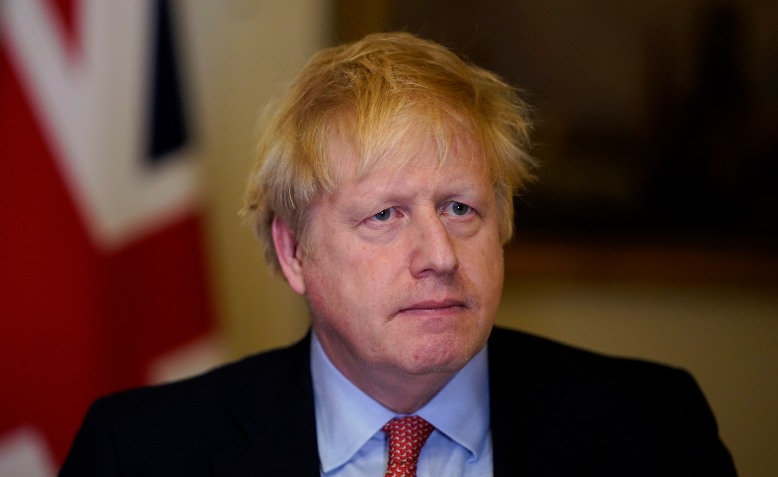 Boris Johnson's briefing, 23 March. Photo: Flickr/Number10
Boris Johnson's briefing, 23 March. Photo: Flickr/Number10
Boris Johnson’s lockdown is weeks late, only after public pressure, and ignores the central questions around testing and necessary support for millions, argues David McAllister
Less than three weeks after telling us all to “take it on the chin”, Boris Johnson has announced a police crackdown on public gatherings. After finally yielding to public pressure last week to join most of Europe in closing down schools for most children as well as other public spaces, the government has spent the last few days trying to reclaim the narrative. It is not the government which has failed to follow public advice, we are told, but rather the public which has failed to follow government advice. The media has duly followed. The focus has been on individual behaviour, not on the government’s dithering and failings to follow radical social measures that working people and their unions have been demanding for weeks.
The result is an attempt at snapping back to a behaviourist approach, which is overwhelmingly focused on social control. That means verbal orders from Johnson and punitive measures for ordinary people. But no steps to increase mass testing, which have been shown to be effective in reducing the spread in Italy. No requisition of private hospital beds, such as in Spain, and no steps to produce more ventilators. Social distancing is vital, and is backed up by informed medical opinion, but a health crisis cannot be tackled with a purely social control approach, and it certainly will not reduce the anxiety and uncertainty millions feel right now.
Notwithstanding the careless behaviour of some individuals, the sense of social responsibility and mutual support has been incredible. However, the muddled government response we have seen so far – not to mention the general lack of trust in government after decades of neoliberalism – means that public confusion is hardly surprising. It is very difficult to get people to listen to the advice of a regime which spent the last few decades creating a society in which people don’t feel listened to.
The last few weeks has presented us with examples of how that can be turned around. The closure of schools to most pupils clearly came in response to protests from teachers and parents. This crisis has revealed both the best and the worst in society. What we have right now is an embarrassed government, caught lagging behind the initiatives of ordinary people, attempting to find a shortcut to get back in front of them by talking down their efforts and abdicating on further welfare measures which would have a far greater impact on the management of this crisis.
The government has still failed to increase statutory sick pay or universal credit to a liveable amount, or removed rent obligations, which are all part of the reason people are still out instead of at home. These are the things Labour should be demanding instead of uncritically supporting the government’s delayed reactions.
Collective discipline is needed, but that can, and has in some cases, come from below. It doesn’t have to mean deference to a coercive government which says “it’s your fault we have to do this”. This is where the labour movement response is crucial. With a strong left-wing politics and labour movement organisation, we have an opportunity to push on with our demands, while also finding ways to self-organise through the crisis and ensure that there is no return to ‘business as usual’ afterwards.

